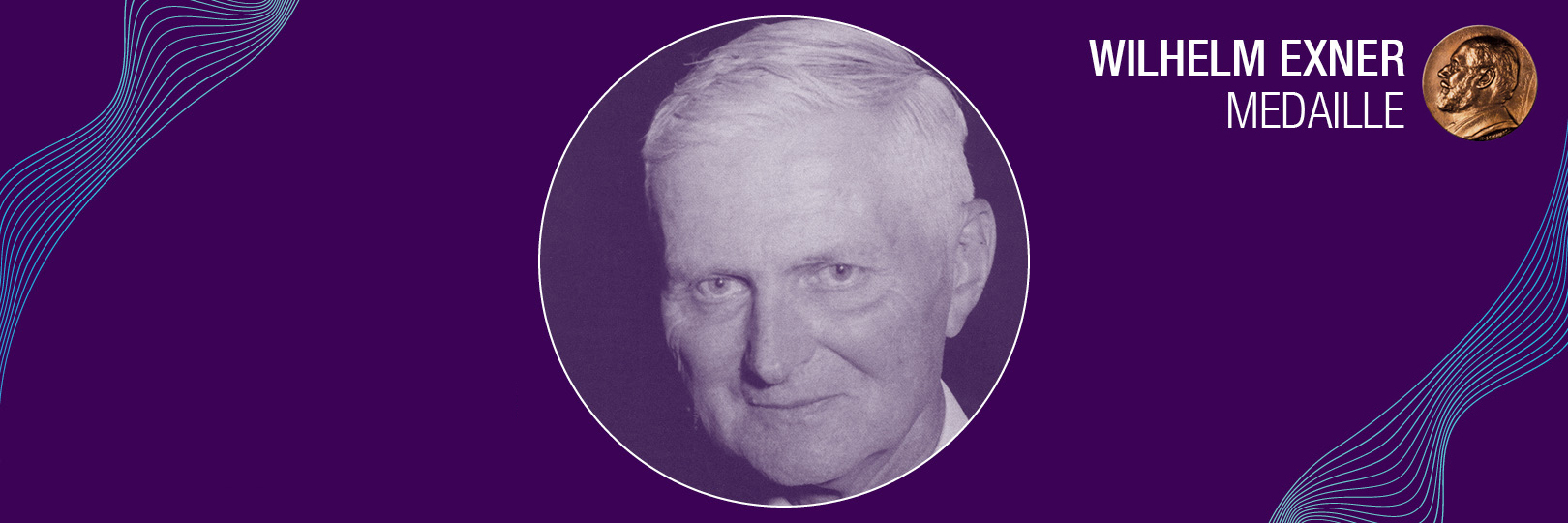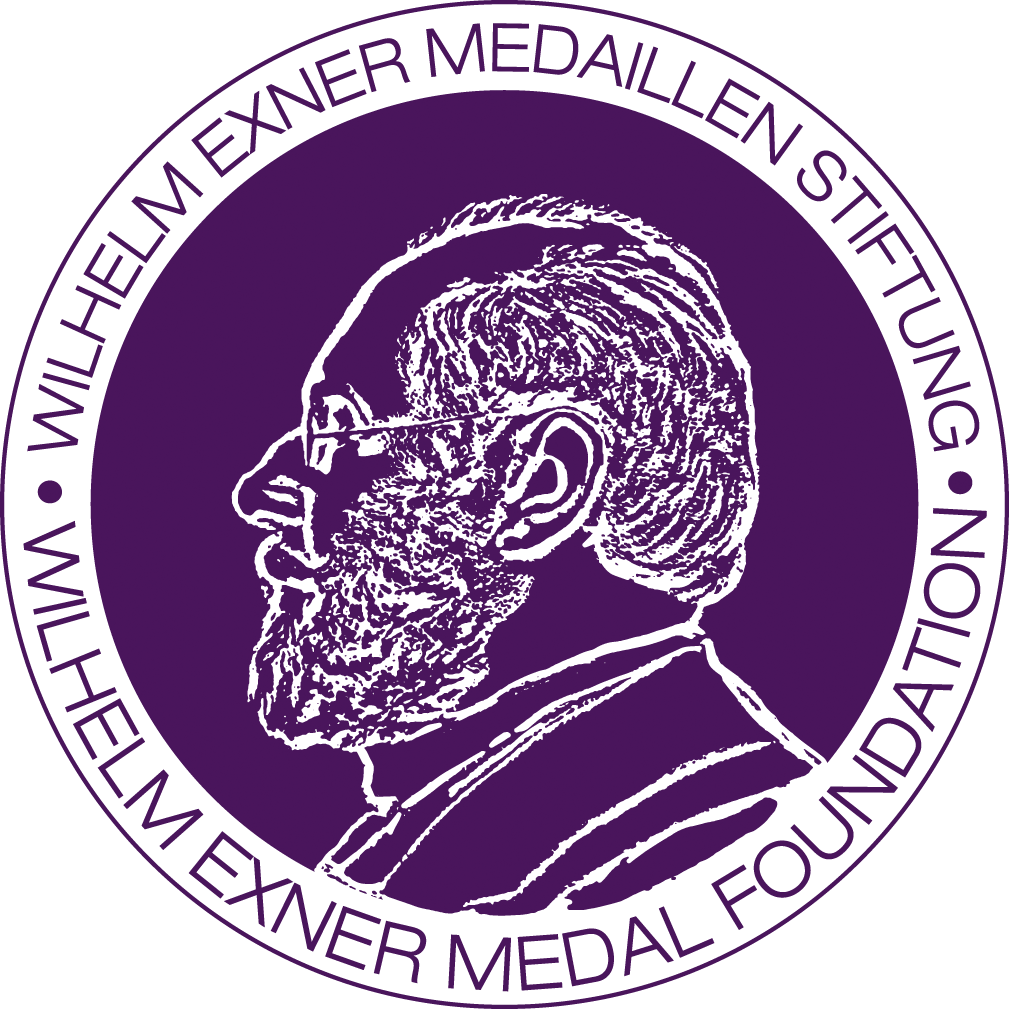
Basic and applied research are the defining characteristics of Carl Wagner’s scientific work. He became one of the pioneers of modern metal chemistry and metallurgy through his significant contributions to the thermodynamics of alloy systems.
Wagner’s father had already worked as an assistant to Wilhelm Ostwald. Wagner grew up, so to speak, in the “center of physical chemistry.” Between 1924 and 1927 he was an assistant at the University of Munich, then moved to the Bodenstein Institute in Berlin.
There, the chemist Wilhelm Jost pointed out to him the diffusion and reaction processes in the solid state. With the realization that disorder in crystals is a phenomenon of internal equilibrium, Carl Wagner succeeded in taking the decisive step towards elucidating reaction mechanisms in and on solids even before the Second World War. In 1934 he was appointed professor at the Technical University of Darmstadt. There he researched mainly on the technically important processes of tarnishing and oxidation of metals and alloys.

